Gaza agreement: from a truce of necessity to the redrawing of conflict equations
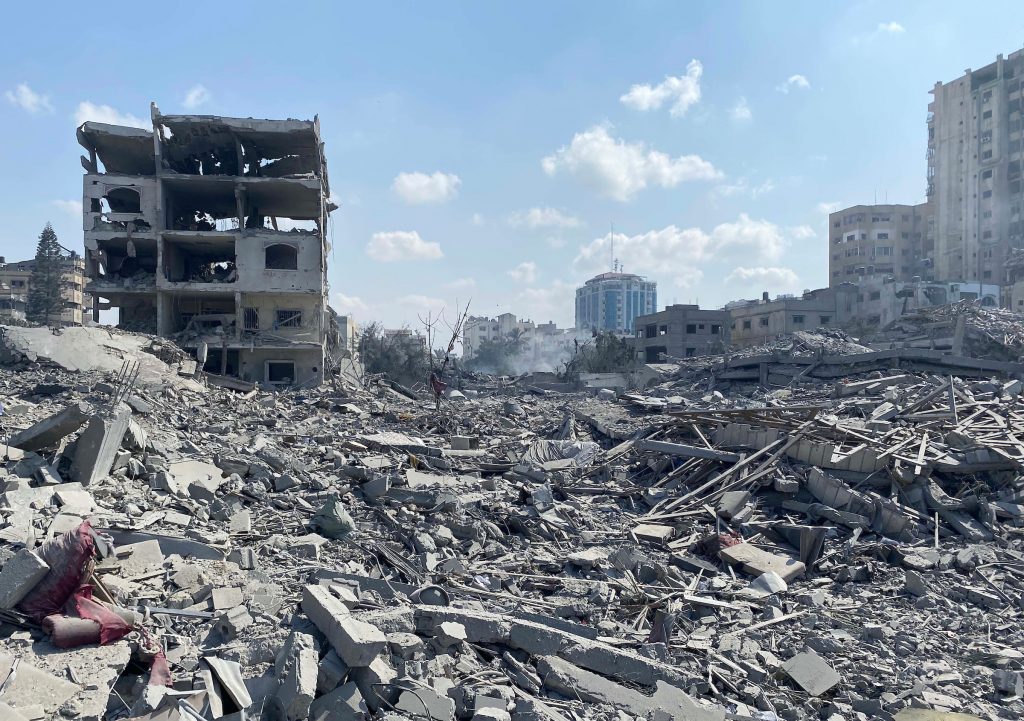
Fouad Baker analyses the recent Gaza ceasefire agreement
89 years since the Battle of Cable Street
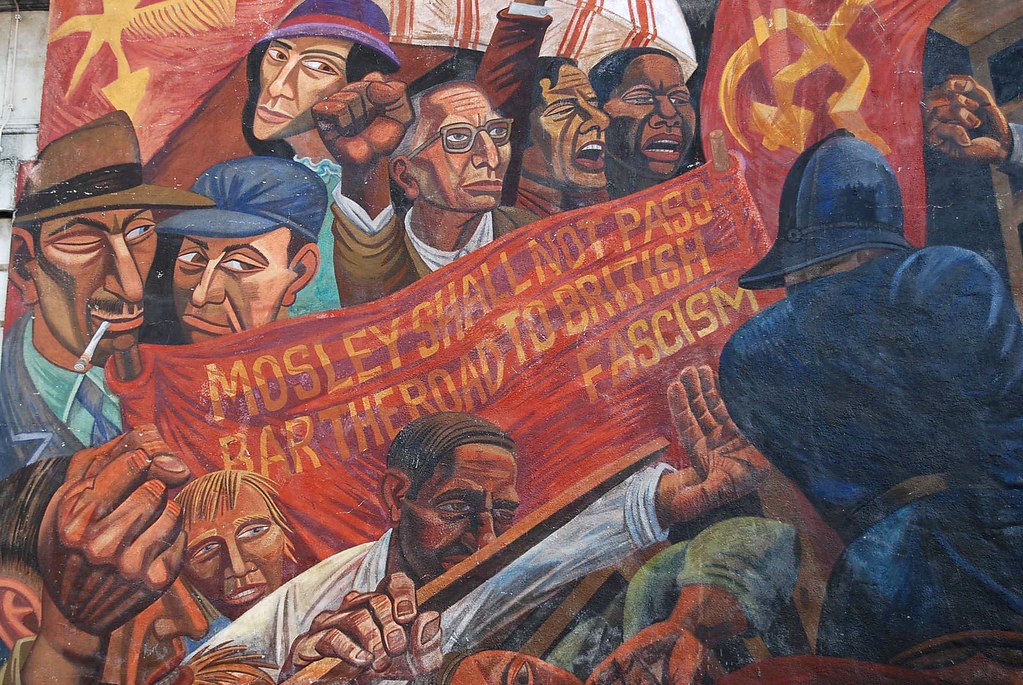
“The Battle of Cable Street should be celebrated as a working class victory and history in Britain but also serve as a lesson in how we tackle the rise of racism and fascist forces today,” writes Georgina Andrews
A decade of progress: reflections from the YCL’s 52nd Congress
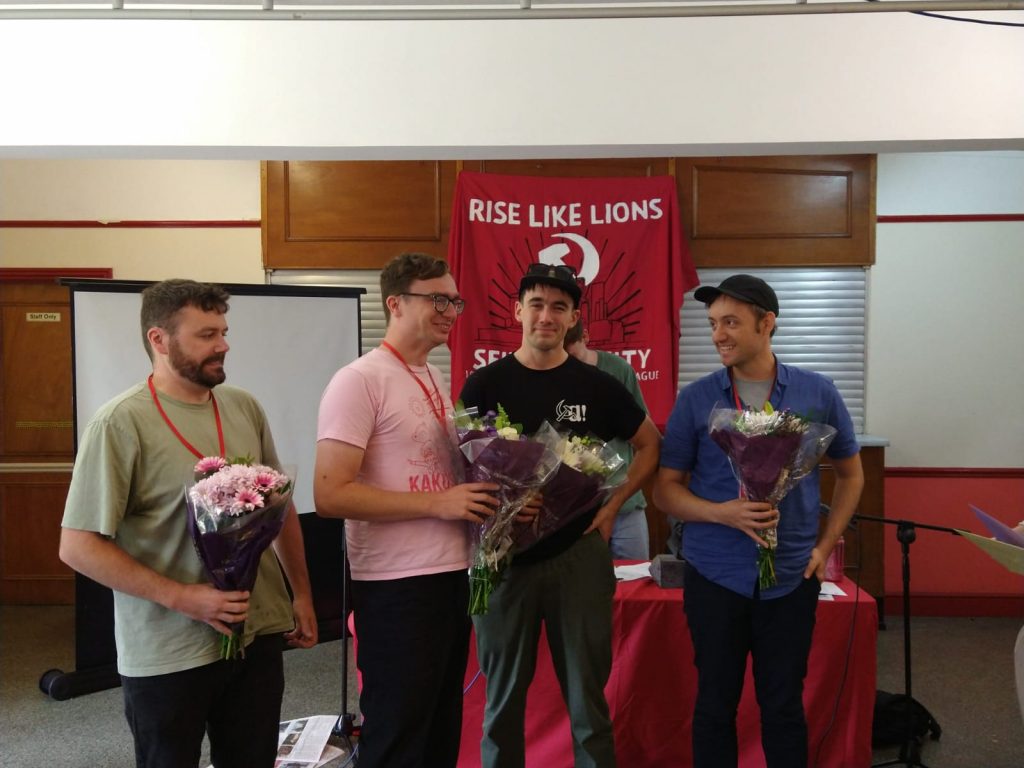
Following the recent YCL Congress, Peter Stoddart and Robin Talbot reflect on the development of the League over the past few years
The thorn in the EU’s side
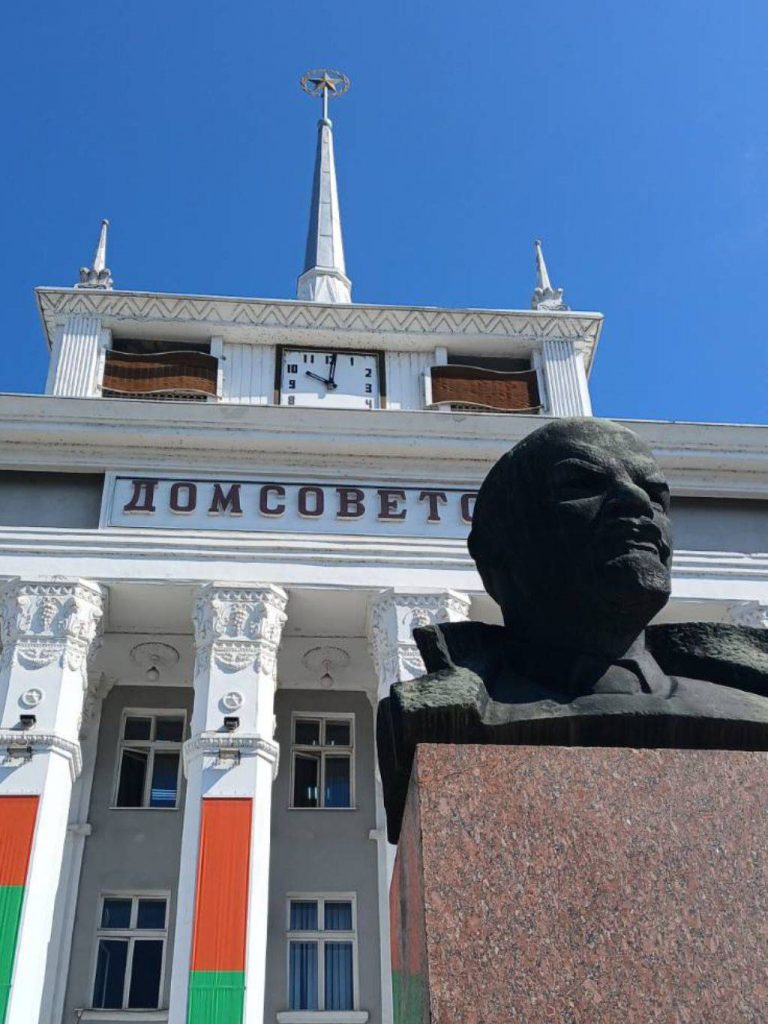
Cole Thomson looks at the history of the European Union’s expansion into the former Eastern Bloc, and how the territory of Transnistria has become an embarrassing obstacle for Brussels.
In conversation with the Jordanian Democratic Popular Unity Party

A member of the Communist Party of Britain’s international commission met with Emad Al Malahi, a member of the Politburo of the Jordanian Democratic Popular Unity Party in Amman, to discuss their policies and the ongoing war in Gaza.
Rise like lions: build the united front
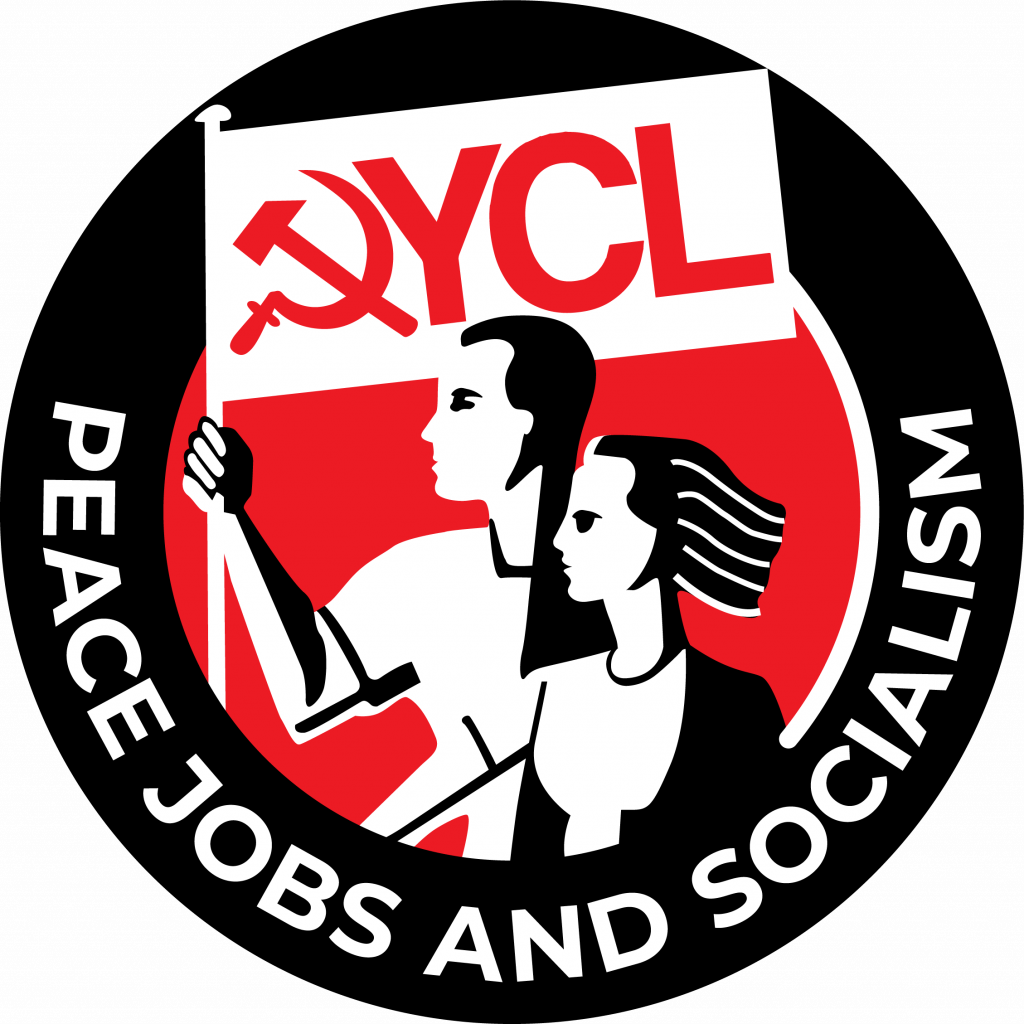
James Hughes and Emma Richards introduce the 52nd Congress of the YCL, its importance, and its theme
Labour is losing its class basis

Josh Morris delivers the July political report of the YCL Central Committee
The Gaza ceasefire proposal: a test of intentions
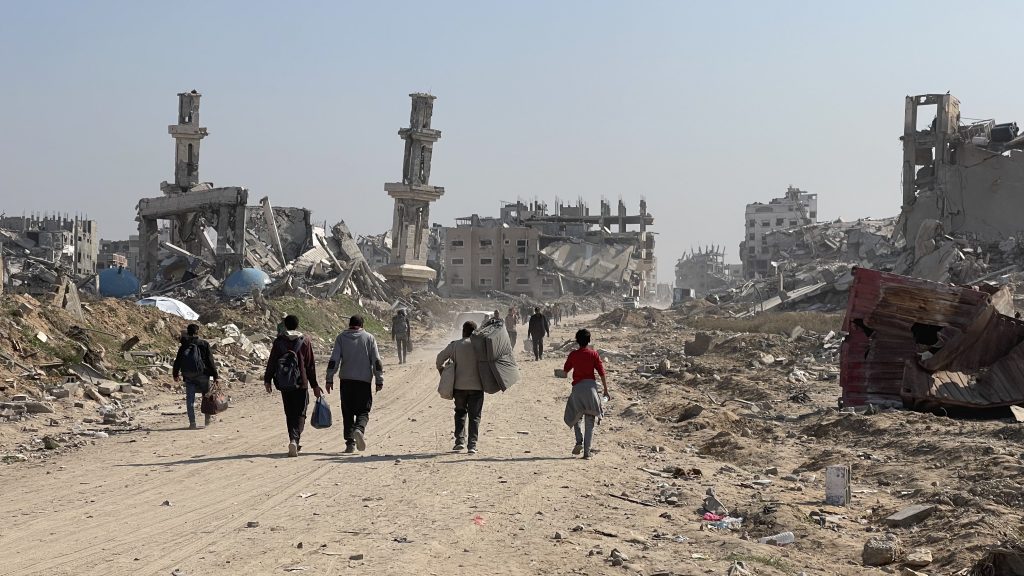
Fouad Baker provides insight on the recent Gaza ceasefire proposal
Iran is changing the rules of the game
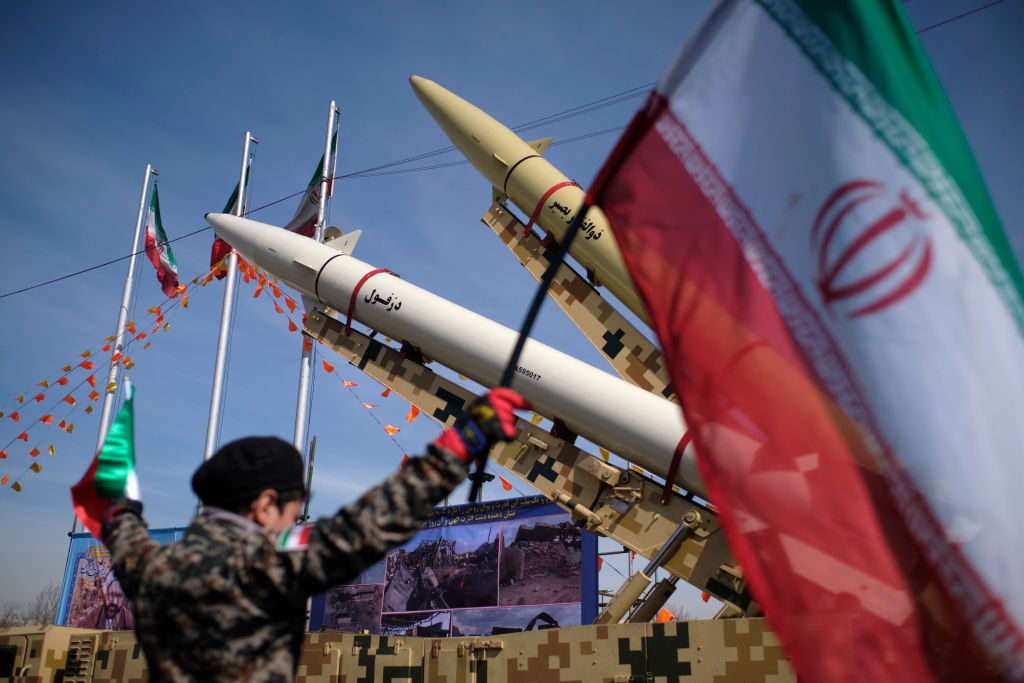
Fouad Baker analyses the recent Israeli attack on Iran and future prospects in the region
From containment to confrontation, from cold to hot: the US drive to war on China
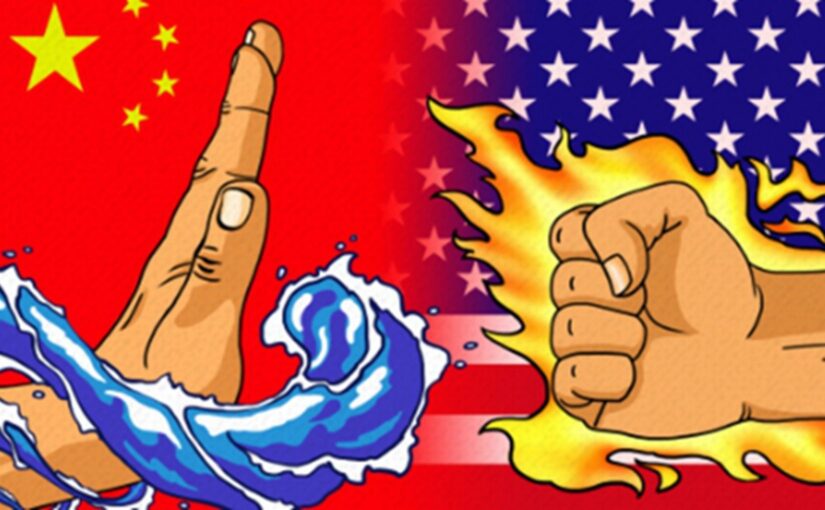
Carlos Martinez examines the USA’s strategy to undermine China, and how the Trump administration’s recent escalation has backfired.


